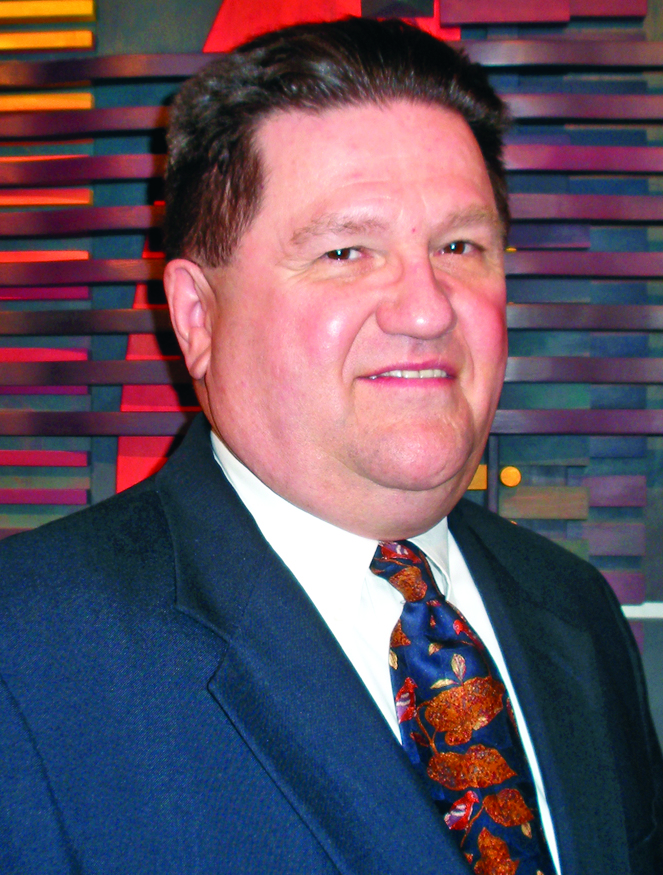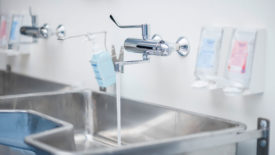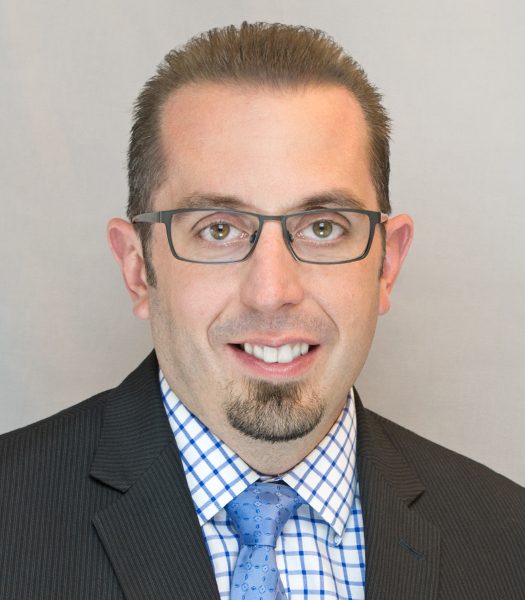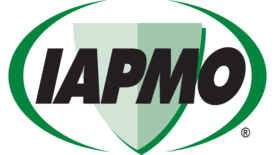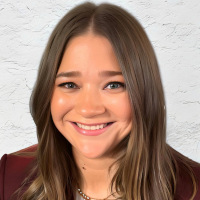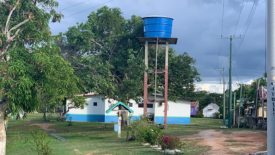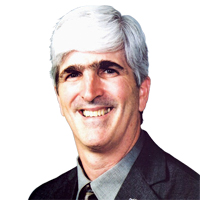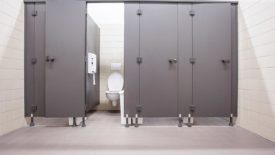Home » Keywords: » plumbing codes and standards
Items Tagged with 'plumbing codes and standards'
ARTICLES
Plumbing Talking Points | David Dexter
Plumbing, what is it?
Read More
Professional Plumbing Engineer Viewpoints | James Dipping
Getting serious on how hospitals are built
Calling all architects and code officials.
March 7, 2024
Guard on Compliance | Misty Guard
Packaging laws and a circular economy
What you need to know about single-use packaging rules for mechanical and plumbing products.
February 29, 2024
Guard on Compliance | Misty Guard
Upcoming 2027 code development cycles
Timelines and key dates to keep in mind this year.
January 5, 2024
PM Engineer Profile: Talking commercial bathroom trends with Bradley's Jon Dommisse
Current trends to consider when designing commercial restroom spaces.
March 23, 2023
David Dexter: Plumbing systems around the world
While the general principles of plumbing codes appear to be followed in different countries, it seems they are very loosely interpreted.
February 6, 2023
Julius Ballanco: Outvoted at IAPMO
A recap of IAPMO Annual Conference proceedings.
November 1, 2022
Julius Ballanco: NSPC update completed
A quick summary of code changes in the National Standard Plumbing Code.
September 30, 2022
Julius Ballanco: How private is your plumbing?
Privacy partitions should be mandated by plumbing professionals; don’t leave it up to the architect or building code.
August 29, 2022
Keep the info flowing with our eNewsletters!
Get the latest industry updates tailored your way.
JOIN TODAY!Copyright ©2024. All Rights Reserved BNP Media.
Design, CMS, Hosting & Web Development :: ePublishing

